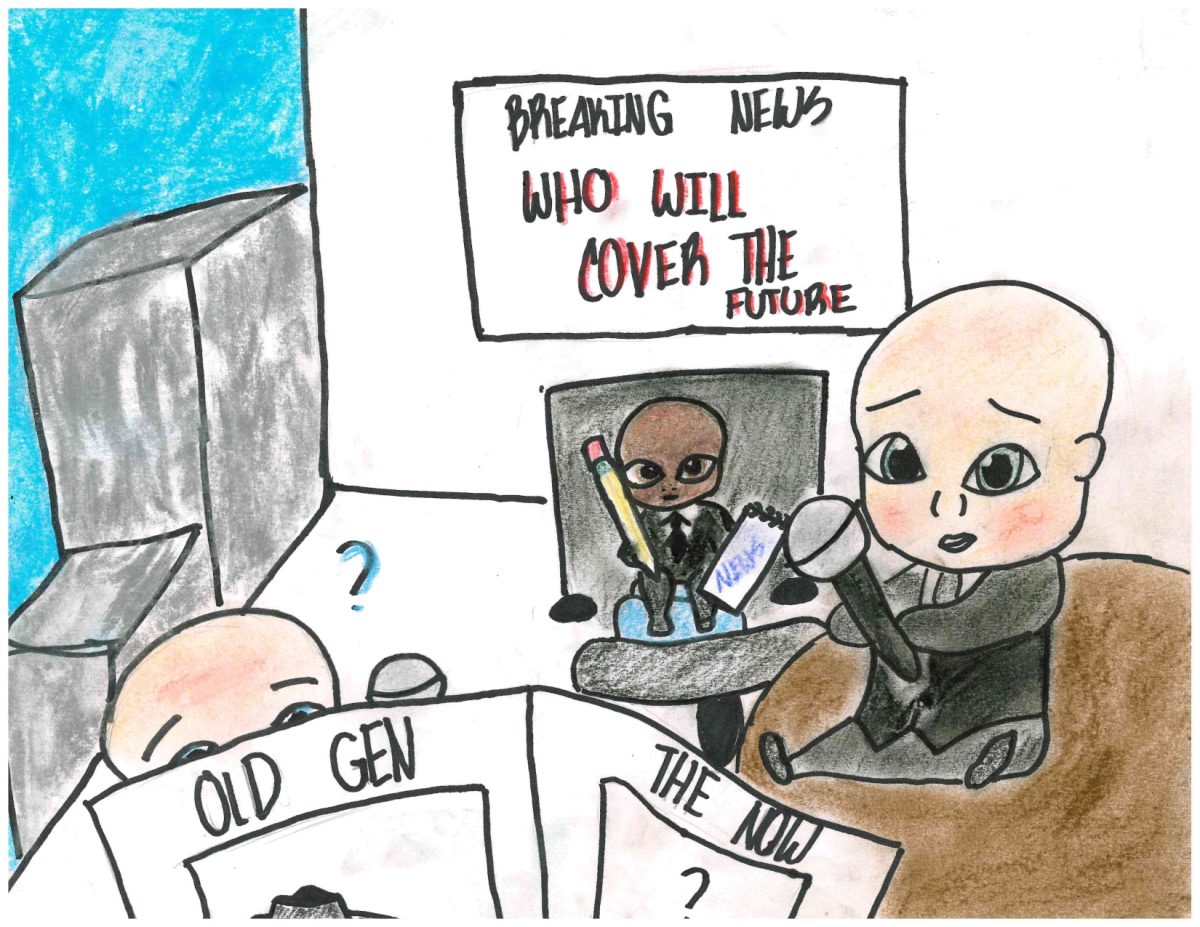In order to benefit students’ health, high schools should consider a later start time. With this change, students will perform better in school and find themselves more content with their daily routine.
According to the American Academy of Pediatrics(AAP), a growing teenager should be getting an average of eight and a half to nine and a half hours of sleep per night. Contradicting this, many teenagers may report that they often struggle to get six.
If the school start time was moved to 8:30, students would get close to an extra hour of sleep per night and come to school better rested and more ready/susceptible to learn.
There have been those who debate that, if the school day was shifted, students would shift their schedules to go to be later and would get the same amount of sleep at night. AAP states that this is incorrect.
“More than 18,000 high school students in Minneapolis [were assessed] before and after the district’s school start time changed from 7:15-8:40 a.m. beginning with the 1997–1998 school year. Bedtimes after the change were similar (ie, did not shift to a later time) to those of students in schools that did not change start times,” AAP said.
The school day doesn’t only affect students. Without teachers, there would be no one for the students to learn from. Starting the school days later will be far more beneficial to the teachers as well.
With a classroom full of well-rested students that are more receptive to learning, teachers will be able to get through lessons faster and not have to force their students to cram before finals.
Having well-rested students will especially help out teachers with classes earlier in the day, when many students are still in the process of waking up.
Additionally, for teachers who live far out of the district, a later start time would mean not having to wake up as early as 4 a.m. every morning to make it to school in time. The extra sleep doesn’t only benefit the students.
Another concern about the change of the school start time is that extra curricular activities would be pushed late into the night, which is, proven by the math, simply incorrect.
Hypothetically, if Souderton were to change the start time to 8:40 a.m., the school day would then end at 3:40 p.m., making an hour-long club end at 4:40 p.m. and sports, which are typically two hours, end at 5:40 p.m.
As far as extracurriculars that leave and come back, as some of the sports do, their times can be shifted to a time like 5:45-7:45. Any Saturday practices for sports and other groups would not even be affected by the schedule change.
When one considers activities such as indoor color guard, indoor drumline and the school musical, which end anywhere from 9-10 p.m., it’s clear that other after school activities can handle ending an hour later than they would otherwise.
When weighing out the pros and cons, the obvious decision would be to shift the school day to begin at 8:40 a.m. The health and happiness of the student body should always come first.
Pro: A well-rested faculty, students will positively impact high school environment
By implementing a later school start time, students will get more sleep nightly and reduce stress. Overall, students would have a more positive high school experience with a later start time.
0
More to Discover
About the Contributor
Miranda Razzi, Co Editor In Chief






